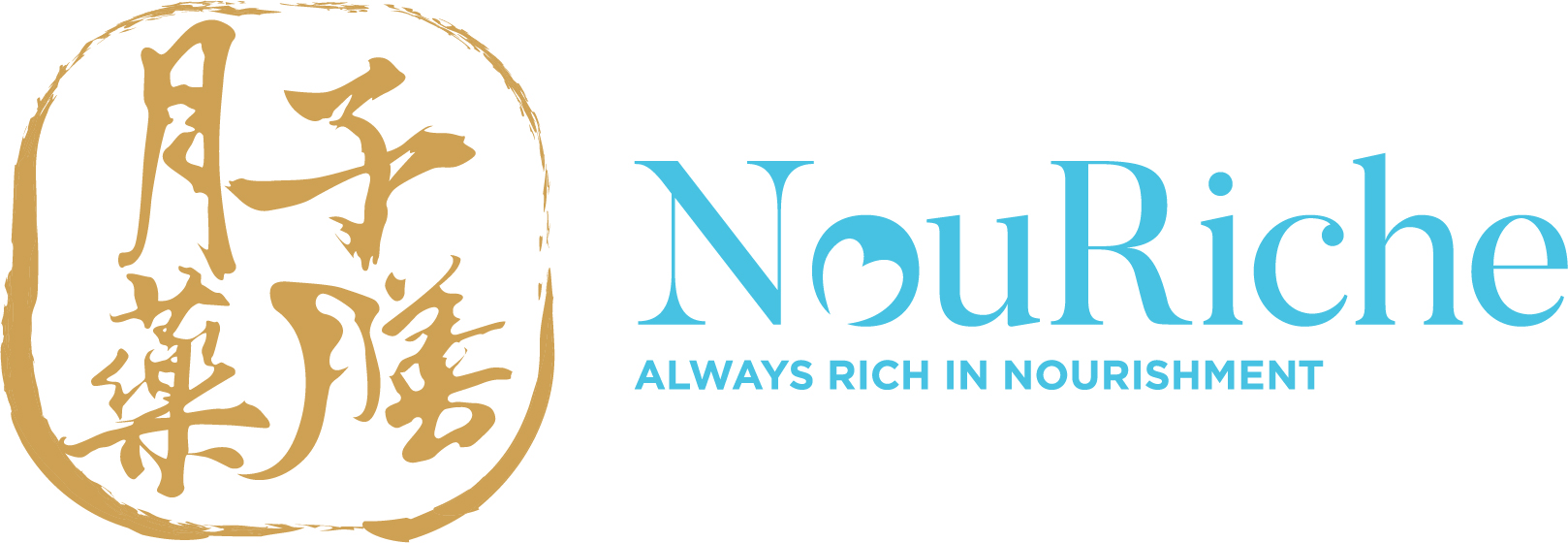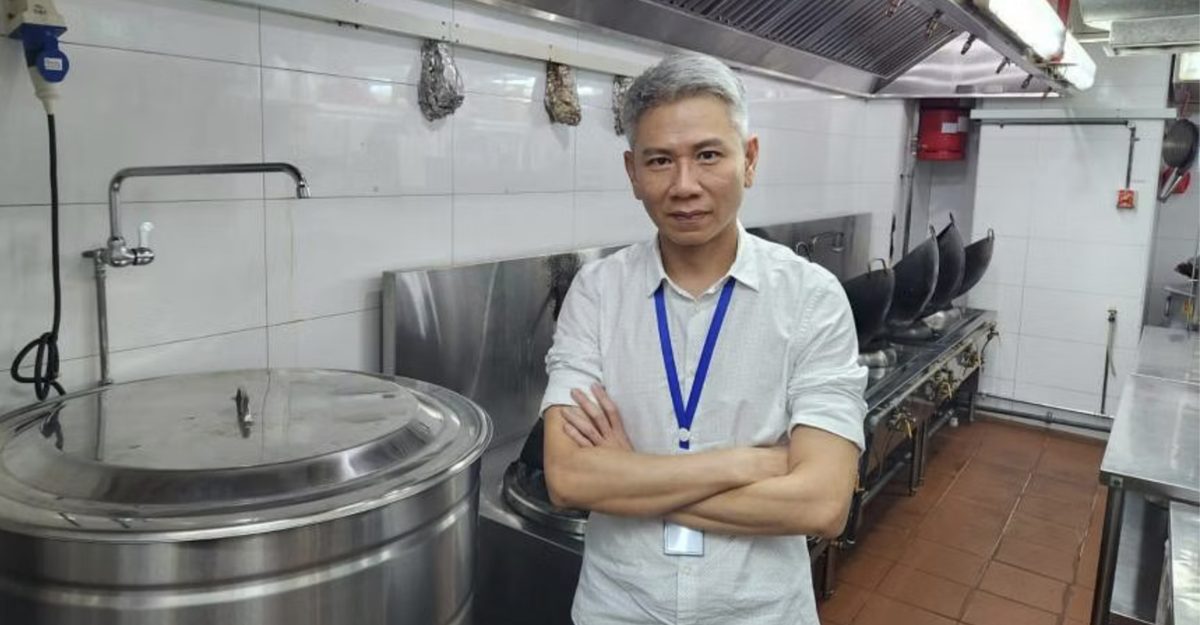Eating well throughout your pregnancy is one of the best things you can do for yourself and your baby. Meeting the recommended nutritional requirements is especially crucial during the third trimester for sufficient energy while providing all necessary nutrients to your growing child. However, knowing what to eat or avoid when you’re pregnant is also important.
NouRiche is a leading provider of confinement meal deliveries in Singapore, and here’s the lowdown on the foods to eat and avoid during the final leg of your pregnancy.
What to eat?
#1 Foods rich in iron
Insufficient consumption of iron may lead to anaemia. This is because during pregnancy, blood volume expands to accommodate the changes in one’s body. Additionally, your unborn baby will need to store adequate iron for the first six months of life before he or she starts taking in solid foods.
Choose iron-rich foods such as meat, chicken, fish, eggs, dried beans and fortified grains. The form of iron in meat products, called heme iron, is more easily absorbed than the iron in vegetables. For those who are anaemic, increasing meat consumption will be the easiest way to increase the iron your body receives.
#2 Foods rich in protein
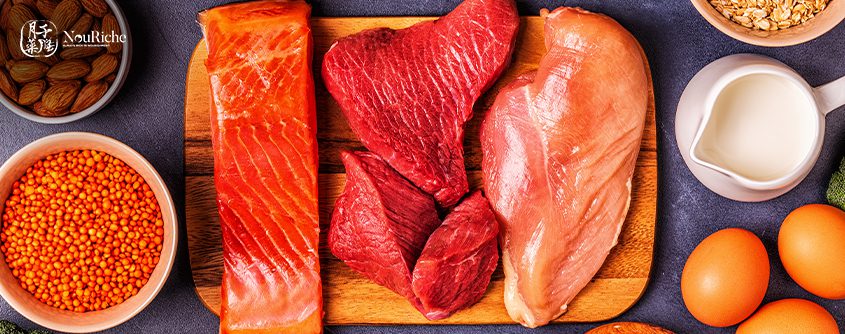
Protein is crucial for your baby’s development throughout pregnancy and helps your baby’s body produce blood. Good sources of protein are lean meat, poultry, seafood and eggs, while vegetarian options include beans and peas, nuts, seeds, and soy products.
#3 Foods rich in DHA
DHA-rich foods can help with growth of a baby’s brain. Pregnant women require about 200 milligrams of DHA (docosahexaenoic acid) daily. To meet these requirements, consider including milk, eggs, and fruits in your confinement food.
Learn more: Confinement Food Singapore | How It Nourishes Your Body
#4 Folic acid
Folate is a B vitamin that prevents problems with the developing brain and spinal cord. The synthetic form of folate found in supplements and fortified foods is known as folic acid, and has been shown to decrease the risk of premature birth on top of having a low birth weight baby. Get your sources of naturally occurring folate from dark green, leafy vegetables, citrus fruits, and dried beans, peas and lentils.
#5 Calcium
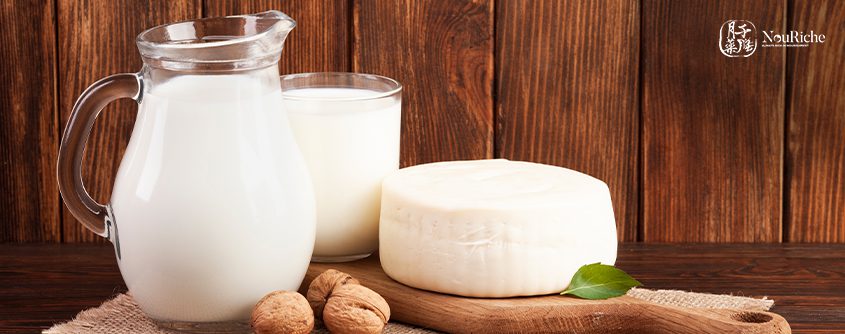
Both mother and baby require calcium for strong bones and teeth. Additionally, calcium supports healthy functioning of the circulatory, muscular and nervous systems. Dairy products are great sources of calcium, while non dairy options include broccoli and kale.
#6 Foods that are high in Vitamin C, B6 and B12
Vitamins C, B6 and B12 play a vital role in the development of a baby through the musculature and placental growth. These nutrients can be found in foods such as oranges, bananas, sweet lime, carrots, chickpeas, and almonds.
#7 Magnesium
Magnesium plays an important role in nerve and muscle function, on top of maintaining normal blood pressure. In addition, it helps your baby develop strong teeth and bones. Getting adequate magnesium during pregnancy has also shown to prevent preterm labour and other pregnancy complications. Go for foods like green leafy vegetables, bananas, legumes, avocados, dark chocolate, or raw unsalted nuts.
What to avoid?
#1 Avoid raw meats and vegetables
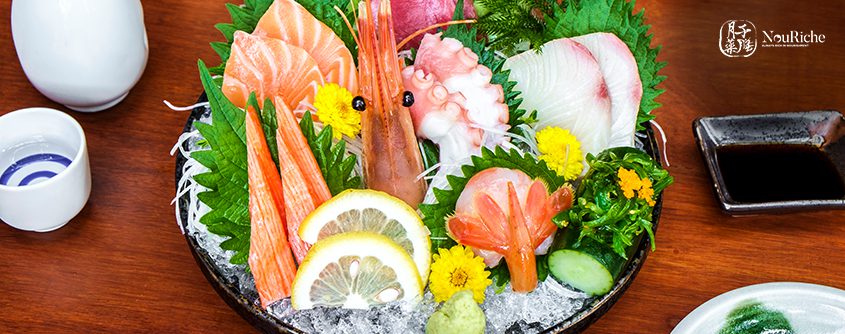
Avoid raw meats and vegetables of any kind as such foods contain a variety of food-borne bacteria and viruses. Changes in your metabolism and circulation during pregnancy may increase the risk of bacterial food poisoning, and could result in more severe issues than if you were not pregnant.
#2 Spicy foods
Spicy foods can lead to indigestion and heartburn during pregnancy, and therefore should be avoided during the last trimester.
#3 Foods high in salt
High salt intake can lead to several concerns such as water retention or swelling of the legs for pregnant women. The issue of high blood pressure may also come up, causing potential health issues for the baby.
After birth
Preparing your own confinement meals during this period can be inconvenient and time-consuming. Hence, it’s best to engage a reliable confinement food caterer for nutritious pregnancy meal deliveries to boost your health and vitality. Apart from being guided by a professional dietitian to assist with your recovery, you can rest assured that your confinement food is not just nutritious, but delicious too.
We hope this article has been beneficial in ensuring you and your baby are getting all the nutrition you need as you head into the final stages of your pregnancy.
Confinement meal delivery services have been gaining popularity among new mothers for its convenience. Searching for confinement meal deliveries? NouRiche takes pride in providing nutritious and tasty meals that all mothers are sure to enjoy. Reach out to our team today to find out more!
